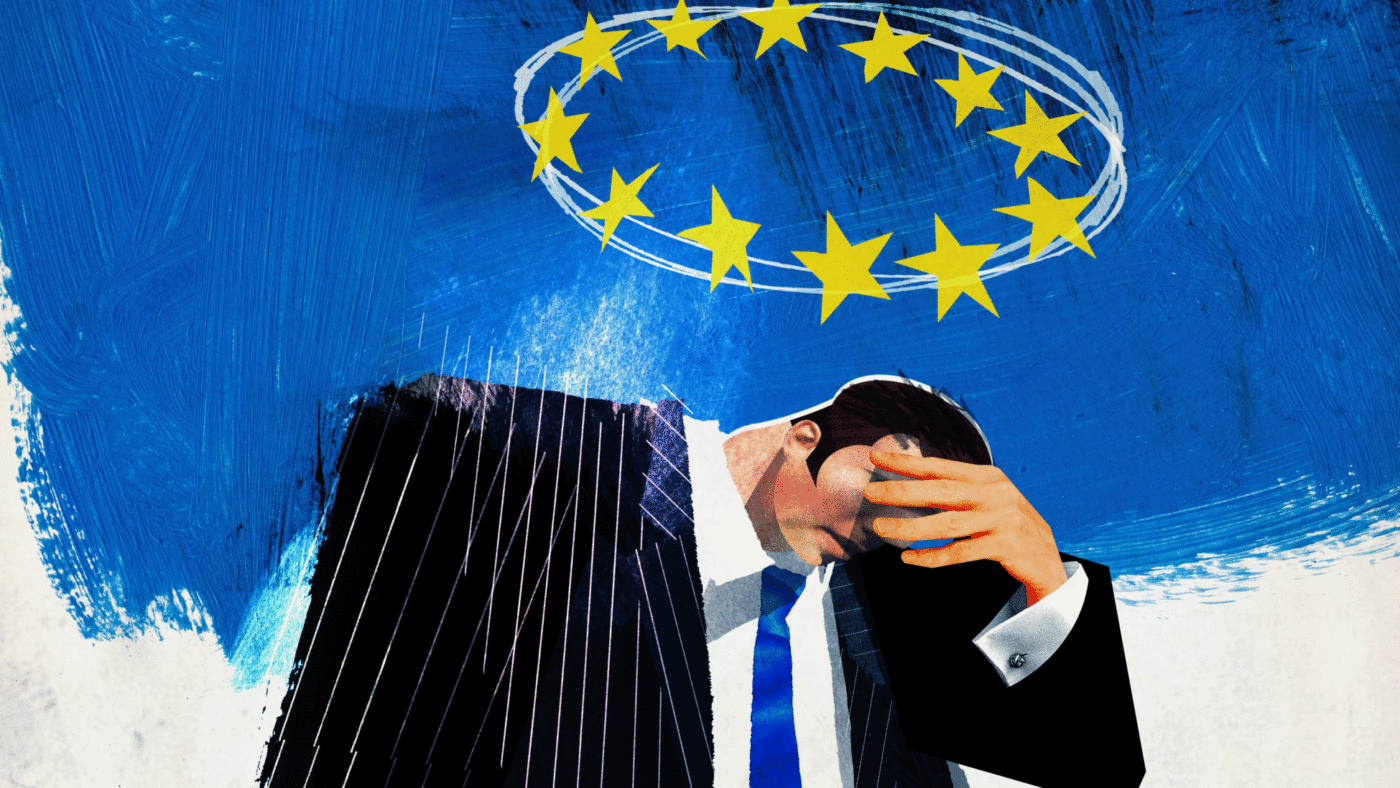One has a dream of sunlit uplands, the other a nightmare of burning plains. But Brexit evangelists and Extinction Rebellion have more in common than they might like to admit.
Both are technically complex issues that raise fundamentally emotive questions about our identities, challenging us to think about what it means to be British, European and human.
But there is another thread that links the two biggest issues of the day. And that is how both projects have managed, in a fairly short space of time and almost concurrently, to reshape the political agenda.
The best way to look at this is through the prism of the Overton window.
The Overton window is a model for thinking about how ideas percolate through society, and can move in and out of mainstream political consciousness. Those policies that a society deems to be broadly acceptable – as defined by their capacity to command support at the ballot box – are said to be in the Overton window.
This window of ‘sensible’ policies can change over time – it can stretch (so today’s economic debate is broader than in the early 2000s), it can shrink or it can shift (no politician would advocate outlawing homosexuality, whereas that was national policy a few decades ago).
The theory reminds us of two key things. The first is that politicians are often followers rather than leaders. They tend to go where the votes are. Secondly, those social institutions, those Burkean threads of the social tapestry – family, school, church, charities, even think tanks – are all crucially important in shaping our politics, and have as much a duty to maintain the health of the public sphere as those grander political institutions like Parliament or the courts.
But it also has implications for political strategy. Do you go for extreme positions, making the case for ‘unthinkable’ causes that might be dismissed as impossible, or do you argue for smaller, incremental changes, that might be ignored because of their lack of political sex appeal?
Extinction Rebellion and those behind the Global Climate Strike have clearly plumbed for the former. And as their visibility has grown and their demands met (such as declaring a climate emergency), the demands made by activists have become ever-more difficult to satisfy: decarbonise the economy by 2050 became decarbonise by 2030, then 2025. Oh and, as Extinction Rebellion leaders have put it, ‘bring down capitalism’ as well.
Overreach is usually classed as a strategic mistake. Here it is the strategy itself. And it’s working. In 2013, an Ipsos poll found that 59% of Britons thought the planet was ‘heading for disaster’. Now that figure stands at 78%.
On Brexit there has been less overreach than mission creep. As our Editor-in-Chief, Robert Colvile, wrote recently in The Times, ‘even a decade ago it was hellishly rare to find a mainstream politician who would advocate actually leaving the EU’. Then – cutting a long story short – when it came to the Referendum, various versions of Leave were proposed. But at that stage the idea of leaving without a deal was not on the agenda. It certainly wasn’t the position advocated by Nigel Farage or the official Leave campaign. Now it is part of the mainstream debate.
A similar thing has happened on the Remain side of the argument. In the immediate aftermath of the Referendum, parties were falling over themselves to confirm that they ‘respected the result’ of the referendum. The idea that Parliament could just revoke Article 50 and pretend the whole thing never happened seemed absurd a mere three years ago. Now it is the central (seemingly only) policy of one the main three parties.
But this widening of the Overton window comes with significant risks.
Those who have stubbornly advocated a second referendum or revoke have made securing a deal more difficult – both in Europe, since it offers hope of a way out for the EU, and in the House of Commons, since any proposal is dismissed out of hand. The risk is that by advocating an extreme position you make your least favoured outcome – No Deal – more likely.
For those who support No Deal, there are risks too. Beyond the warnings of economic harm, a No Deal Brexit could put boosters on a ‘Return to Europe’ movement that otherwise might fizzle out if a compromise was reached.
Similarly, campaigning to stop climate change by ‘bringing down capitalism’ – and thus unnecessarily torpedo the economy, collapse living standards and destroy people’s jobs – is a case of asking working people to make significant sacrifices as you sacrifice them on an ideological altar. Good will matters, and climate protesters risk alienating those who would otherwise be willing to help.
Time is of the essence for both projects and their next steps will be crucial. As recent months in British politics have shown, the Overton window can quickly turn into the looking glass.
CapX depends on the generosity of its readers. If you value what we do, please consider making a donation.


